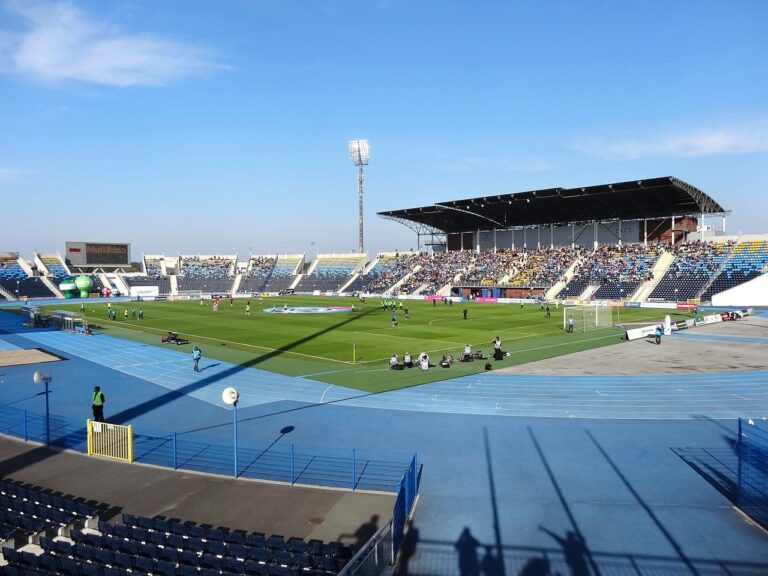Sustainability Initiatives in IPL Stadiums: A Green Approach
Reddy Anna Club, Online Cricket ID: In recent years, IPL stadiums have been increasingly focusing on implementing sustainable practices to reduce their environmental impact. One common initiative is the use of LED lighting systems, which consume less energy and have a longer lifespan compared to traditional lighting fixtures. This not only helps in reducing electricity consumption but also contributes to lowering the carbon footprint of the stadiums.
Moreover, many IPL stadiums have adopted recycling programs to manage waste more efficiently. Separating recyclable materials such as plastic bottles, paper, and food waste helps in diverting a significant amount of waste from landfills. By promoting a culture of recycling among spectators and staff, these stadiums are taking steps towards a greener and more sustainable future.
Green Energy Solutions Implemented
Numerous Indian Premier League (IPL) stadiums have embraced the implementation of green energy solutions to minimize their environmental impact. Solar panels have been a popular choice among these stadiums to harness renewable energy and reduce their reliance on non-renewable sources. By tapping into solar power, these stadiums are not only reducing their carbon footprint but also setting an example for other sporting venues to follow suit in their sustainability efforts.
Furthermore, some stadiums have integrated wind turbines as an additional green energy solution. These turbines have proven to be effective in generating electricity by harnessing the power of wind, making them a valuable asset in the stadiums’ quest for sustainability. Along with solar panels, wind turbines contribute significantly to the stadiums’ efforts in promoting eco-friendly practices and demonstrating the feasibility of renewable energy sources in large-scale operations.
Water Conservation Measures
Water conservation is a top priority in IPL stadiums across the country. To efficiently manage water resources, stadiums have implemented various strategies. Rainwater harvesting systems are a common sight, collecting rainwater for irrigation and other purposes. Additionally, water-efficient fixtures and fittings are installed to minimize water wastage. These measures play a crucial role in reducing the stadiums’ overall water consumption and promoting sustainability.
Moreover, stadiums have adopted smart irrigation practices to ensure that water is used judiciously on playing fields and landscaping. Advanced technologies like soil moisture sensors are utilized to optimize irrigation schedules based on actual needs, preventing overwatering. By incorporating these innovative water conservation measures, IPL stadiums are setting a positive example for other sports facilities to follow, emphasizing the importance of sustainable practices in the sporting industry.
What are some sustainable practices implemented in IPL stadiums for water conservation?
Some sustainable practices include rainwater harvesting, using water-efficient fixtures, and implementing recycling systems.
How are green energy solutions being utilized in IPL stadiums?
Green energy solutions such as solar panels, wind turbines, and energy-efficient lighting are being used to minimize the carbon footprint of the stadiums.
What are some effective water conservation measures being taken in IPL stadiums?
Some effective water conservation measures include using drought-resistant landscaping, implementing water recycling systems, and promoting water-saving practices among staff and spectators.
How can fans contribute to water conservation efforts in IPL stadiums?
Fans can contribute by using water responsibly, disposing of waste properly, and supporting initiatives aimed at reducing water consumption in the stadiums.
Are there any future plans to further enhance water conservation measures in IPL stadiums?
Yes, there are ongoing efforts to explore new technologies and strategies to improve water conservation in IPL stadiums, with a focus on sustainability and environmental responsibility.







